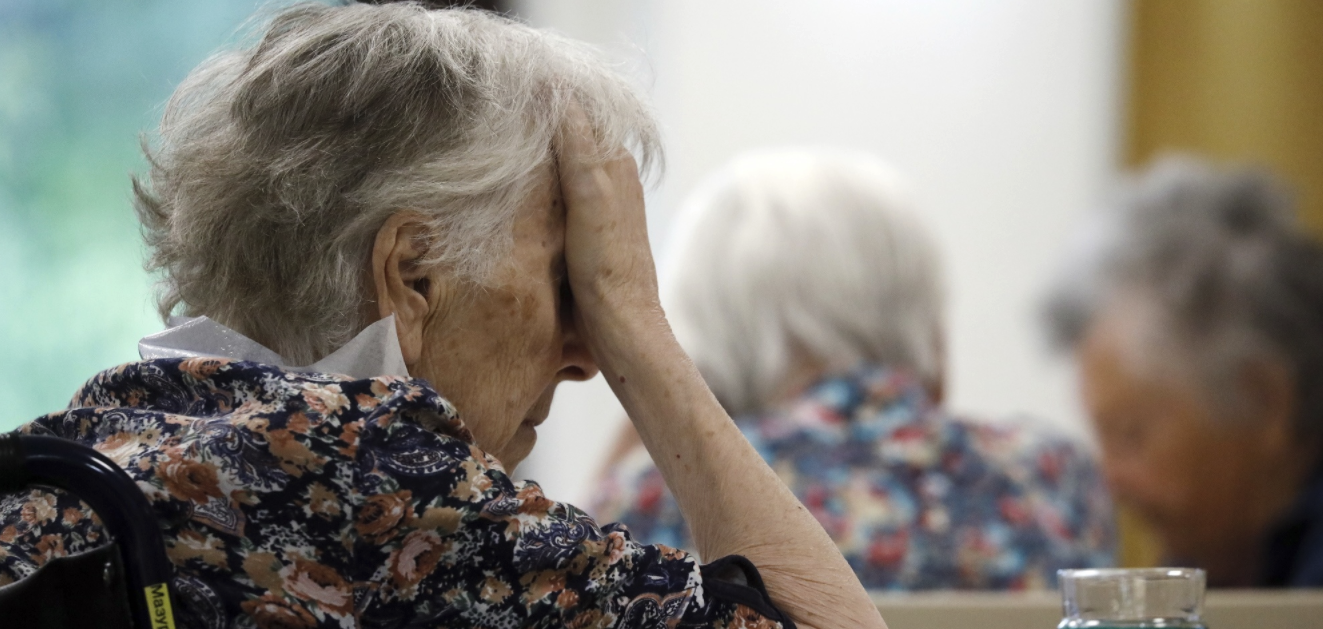The calls of the ‘assisted dying’ lobby for legalisation often make it sound like a well-established, evidence-based healthcare intervention. It is not.
Baroness Meacher’s current Assisted Dying Bill, heading to the Lords tomorrow for a second reading, proposes broad ‘safeguards’ for assisted suicide. But there is a worrying lack of evidence that they are effective or verifiable. For one, increasing evidence in jurisdictions where physician-assisted suicide is legal shows that palliative care services are being detrimentally impacted. Physicians have reported that patients are hesitant to enrol in palliative care and hospice services for fear that they promote euthanasia. Based on the concerns of patients and practitioners, some hospice facilities in Canada have refused to incorporate the practice within the scope of their services.
These hospices have had their statutory funding threatened or withdrawn. Reports have suggested that ‘medical assistance in dying’ may reduce Canada’s annual health care bill by up to $138.8 million. This sends a worrying message that assisted suicide is an economic practice and is preferable to investing in palliative care; inevitably this would increase pressure on those in our society who already feel they are a burden.
Patients who request assisted suicide often experience significant mental health difficulties and may be at a higher risk of coercion and abuse. Of the patients who received assistance in dying in Oregon in 2020, 53% reported “feeling like a burden on their families, friends or caregivers” as an end-of-life concern. While another study found that one in six patients who received a prescription for lethal medication met the criteria for a diagnosis of depression. Yet fewer and fewer patients in Oregon are being referred for psychiatric assessment, demonstrating the weakness of safeguards in legislation to protect the most vulnerable.
Of concern is that the proposed eligibility criteria for assisted suicide are elusive and vague. They also provide no reliable safeguards against abuse. First, ‘mental capacity’ is a deceptively simple concept; clinical assessment of capacity is complex and influenced by the individual experiences of assessing doctors. Indeed, several legislatures have expanded eligibility criteria to include people without decision-making capacity.
Secondly, prognostication is notoriously inaccurate; we get it wrong over hours and days, let alone months. The proposition of a six-month prognosis is no better than a guess, potentially inaccurate by years. Finally, the combinations of drugs in high doses used to achieve assisted suicide have not been submitted to scientific scrutiny. The scant available evidence on how people die after ingesting these lethal drugs suggests that they can cause unpleasant symptoms and that death is not necessarily immediate or certain, reportedly taking up to four days.
The picture painted by these problems exposes the legalisation of assisted suicide as an extraordinarily superficial proposition riddled with unanswered questions surrounding its safety and implications.
Legalising ‘assisted dying’ without addressing these questions, and in the absence of robust evidence on the effectiveness of proposed safeguards, is both unwise and unsafe.
Dr Carol L Davis is a consultant in palliative medicine










Join the discussion
Join like minded readers that support our journalism by becoming a paid subscriber
To join the discussion in the comments, become a paid subscriber.
Join like minded readers that support our journalism, read unlimited articles and enjoy other subscriber-only benefits.
Subscribe